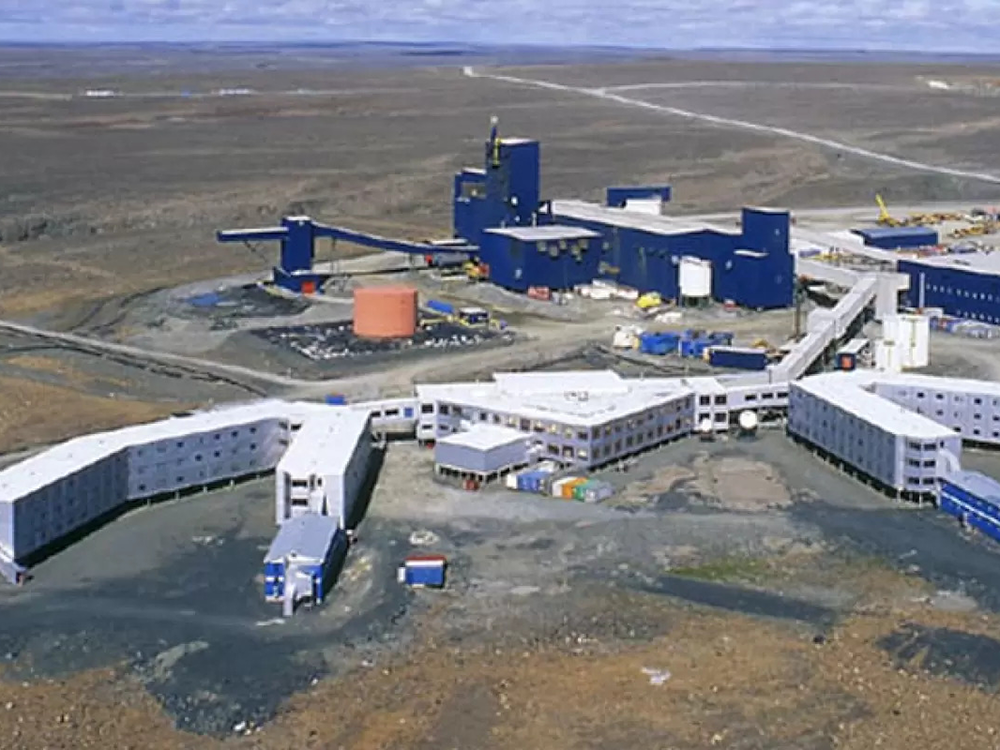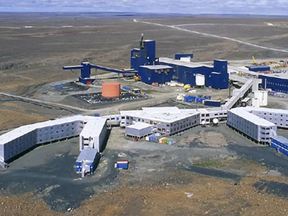Glencore Canadian mine workers reach ‘tentative agreement’ that could end three-month strike

Meanwhile, Baffinland miners in Nunavut are waiting on an environmental report that will decide their work fate

Article content
Workers at Quebec’s largest nickel mine this week reached a “tentative agreement” with owner Glencore PLC that could restart production more than three months after 630 union members went on strike demanding better working conditions.
Advertisement 2
Story continues below
Article content
The work stoppage began on May 27 after 98 per cent of union workers agreed to push for a better work culture and criticized the increased use of subcontracting. In July, Glencore offered workers a new deal, which included a yearly compensation of at least $130,000, twice the average pay in Quebec, but 77 per cent of the workers rejected it.
Article content
“The 630 union members who work at the Raglan mine in Nunavik will be called upon to vote over the next two weeks,” the United Steelworkers Union said about Glencore’s latest offer in a press release on Monday.
A union official refused to disclose the terms of the offer, but on Wednesday said the strike would continue until the result of the vote is known. Meetings will be held next week so that members can better understand the new agreement.
Advertisement 3
Story continues below
Article content
Glencore wasn’t immediately available for a comment.
The Raglan mine in northern Quebec has been in operation since 1997 and annually produces about 40,000 tonnes of nickel. It includes four underground mines called Kikialik, Qakimajurq, Katinniq and Mine 2. Production at the mine has largely been on hold since the strike began.
As one of the largest producers of nickel in Canada, a prolonged closure of the mine could hurt global supplies of Class 1 nickel, which is needed to manufacture electric vehicles, said Patricia Mohr, a former vice-president of economics at the Bank of Nova Scotia, and now an independent analyst who follows battery metals.
In May, Eric Savard, president of the mine’s union, said in a press release that Glencore had been “continually pushing the limits” and that it had reached a point where those who refused to work overtime were given the “cold shoulder.”
Advertisement 4
Story continues below
Article content
Savard added that the mine often had “many more contractors” at the site than unionized workers, which meant fewer economic benefits for the local economy.
Glencore, however, denied the allegations at the time and said the mine had an 86-per-cent satisfaction rate based on internal surveys.
About 1,000 kilometres to the north, the jobs of more than 1,000 workers at a mine in Nunavut remain uncertain as their fortunes depend upon whether Baffinland Iron Mines Corp.’s extraction permit is renewed and enhanced by the federal government.
Workers received termination notices on July 31, but the company said it would rescind them if it gets a permit to increase its annual extraction limit of iron ore to six million tonnes from its original allowance of 4.2 million tonnes.
Advertisement 5
Story continues below
Article content
Some 1,100 workers are scheduled to be let go over two rounds on Sept. 25 and Oct. 11.
The federal government is waiting on a report by the Nunavut Impact Review Board (NIRB), the territory’s environmental assessment agency. The feds asked the board to provide its recommendation by late August, but the NIRB on Aug. 25 said it intends to submit its report on Sept. 19, which is a week before the terminations begin.
“While the board understands that this timeline is greater than what was requested by the minister and urged by Baffinland and several parties, the board has balanced the urgency of the decision, with the board’s obligation to conduct a thorough assessment in the circumstances of each proposal,” NIRB’s chairperson Marjorie Kaviq Kaluraq, said in a letter.
Advertisement 6
Story continues below
Article content
-

Why Canada’s ‘orphan’ mineral explorers are struggling despite surging commodity prices
-

Over a thousand workers face layoffs in Nunavut as Baffinland permit in limbo
-

How Chile’s political shift to the left could raise risks for Canadian miners
Peter Ackman, a spokesperson for Baffinland, said the company was “optimistic” its permit would be renewed and the jobs “will be saved.”
But the union representing the workers say that the delay has disrupted the lives of the miners. “Its not realistic to issue a decision a few days before mass layoffs are about to start,” said Mike Gallagher, business manager for the International Union of Operating Engineers.
“It’s not like throwing a switch on or off. People have to plan. They start to make other arrangements. This erodes the workforce.”
Gallagher added that he wrote to the Ministry of Northern Affairs on Tuesday asking the federal government to exercise its authority by renewing the permit and “saving the jobs.”
• Email: nkarim@postmedia.com | Twitter: naimonthefield
_____________________________________________________________
If you liked this story, sign up for more in the FP Energy newsletter.
_____________________________________________________________
Advertisement
Story continues below








